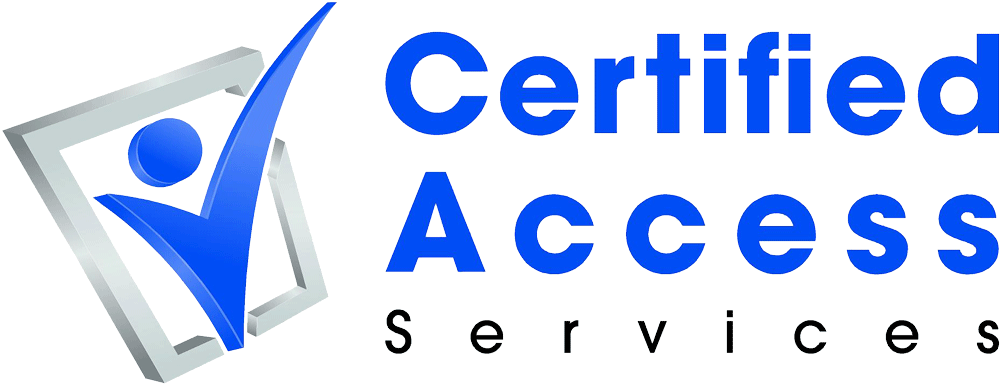CASp / ADA Laws
Americans with Disabilities Act (1990)
Established the 1991 ADA Standards & 2010 ADA Standards
Required "Readily Achievable Barrier Removal" for existing facilities since 1991
Required applicable standards to be used for all alterations and new construction since 1992
Title I: Employment
Title II: State and Local Government
Title III: Public Accommodations and Commercial Facilities
Title IV: Communications
Title V: Miscellaneous Provisions
California Senate Bill 262 (2003)
Government Code § 4459.5-4459.8
Created the Voluntary Certified Access Specialist Program
California Senate Bill 1608 (2008)
Created The Construction-Related Accessibility Standards Compliance Act (CRASCA) Civil Code 55.51-55.545
Identifies legal benefits for a "Qualified Defendant"
90 Day Stay
Early Evaluation Conference
Defines the requirements to receive legal benefits listed above
Hires a CASp
Receives a CASp Inspection
Received a CASp Report
Creates a schedule for removing barrier listed in the report
Established Disability Access Inspection Certificate for CASp inspections in compliance with CRASCA
California Senate Bill 1186 (2012)
Amends CRASCA: Extends legal benefits to additional defendants
Reduced statutory damages from $4000 to $1000 for properties CASp or Building Dept. inspected on or after Jan. 1st 2008
California Senate Bill 269 (2016)
Creates 120 grace period option for qualifying businesses that have been CASp inspected.
California AB 2093 (2016)
AB 2093 amends an existing disability access law (SB 1186) which requires a landlord to state on every lease form or rental agreement executed on or after July 1, 2013, whether or not the property has been determined by a CASp to meet all applicable construction-related accessibility standards. In addition to the statement on the lease form, AB 2093 now requires additional disclosure and language as follows:
If the property has had a CASp inspection and there have been no alterations affecting accessibility since the inspection, the commercial property owner/landlord shall provide the prospective tenant with a copy of the CASp report at least 48 hours prior to the execution of the lease or rental agreement.
If the premises have been issued an inspection report indicating that they meet applicable standards, a copy of this report shall be provided to the prospective tenant within seven days of the lease agreement execution date
If the premises have NOT been issued a CASP report, there must be a statement on the lease stating that, a) a CASp can inspect the property, b) a CASp inspection is not required by law, c) upon request of the prospective tenant, the property owner must allow a CASp engaged by the prospective tenant to inspect the premises, and d) that the parties must mutually agree on the arrangements for the time and manner of the inspection, the payment of the associated fee, and the cost of making repairs, if specified.
This bill establishes that the landlord is responsible for repairs unless otherwise determined in the lease.
Lease cancellation: If the landlord orders the report it must allow the tenant the opportunity to review it and if the landlord doesn’t respond within 48 hours of signing the lease the tenant has the right to cancel the lease. The tenant may also cancel the lease based on information in the report within 72 hours after execution.
